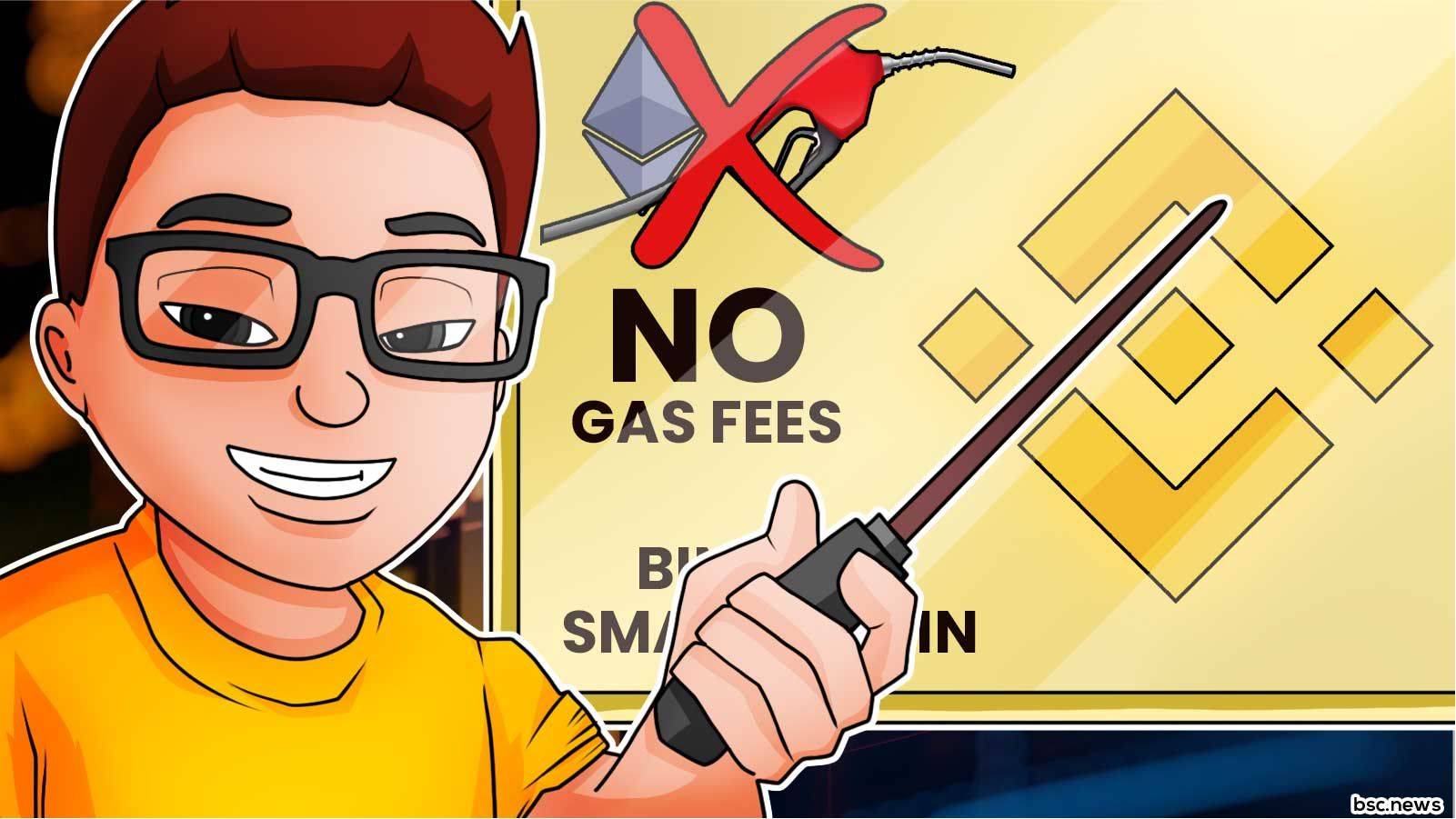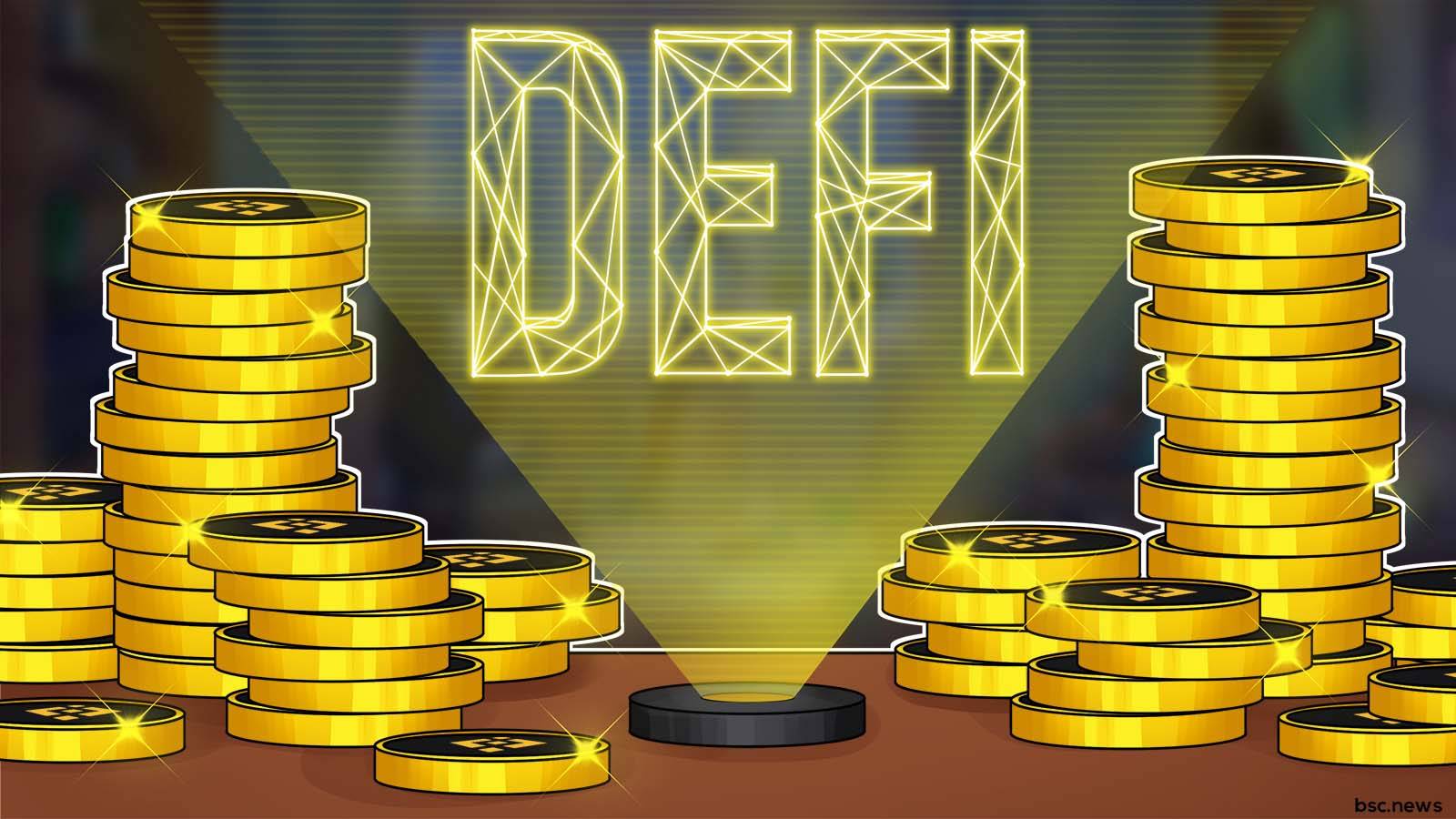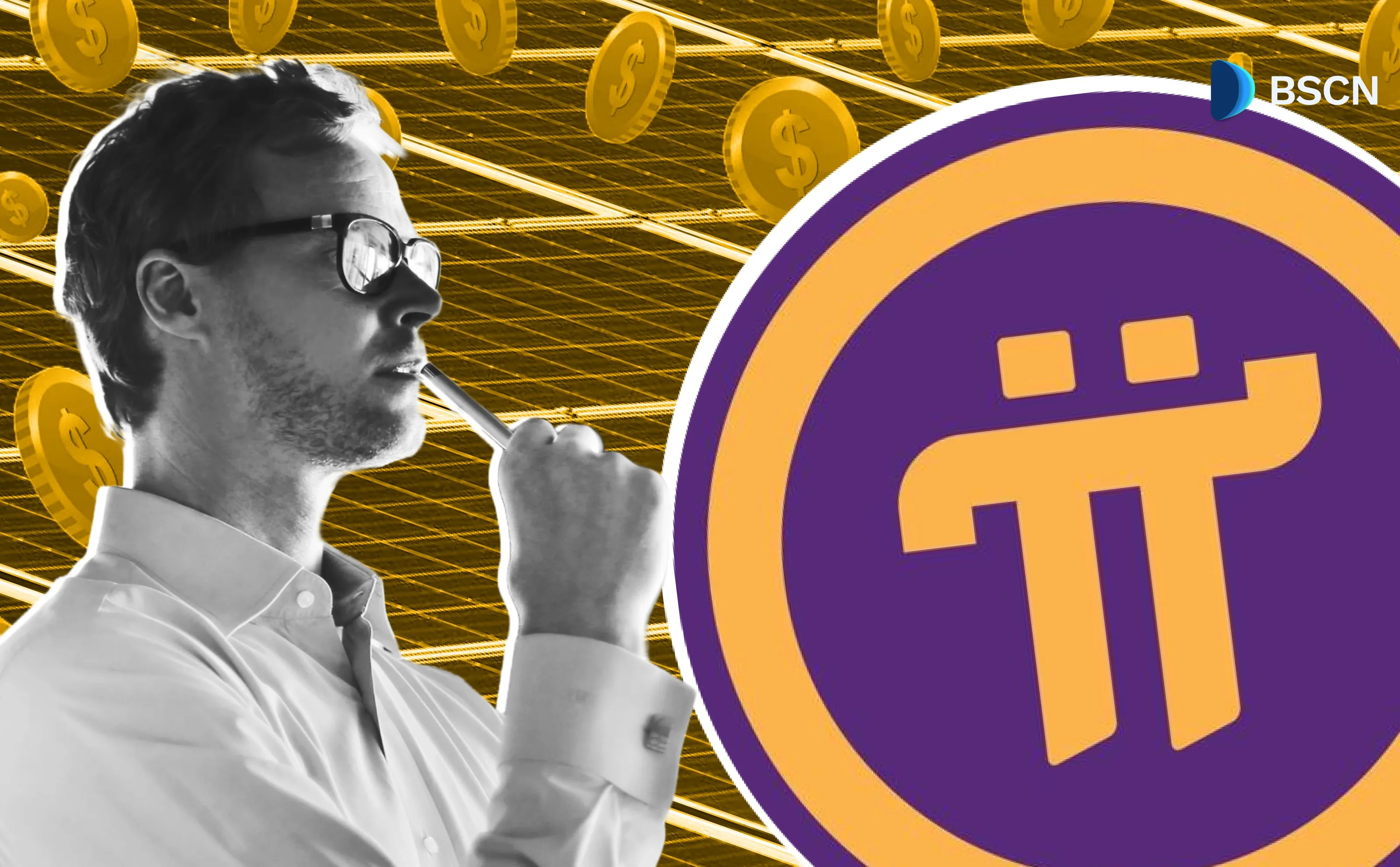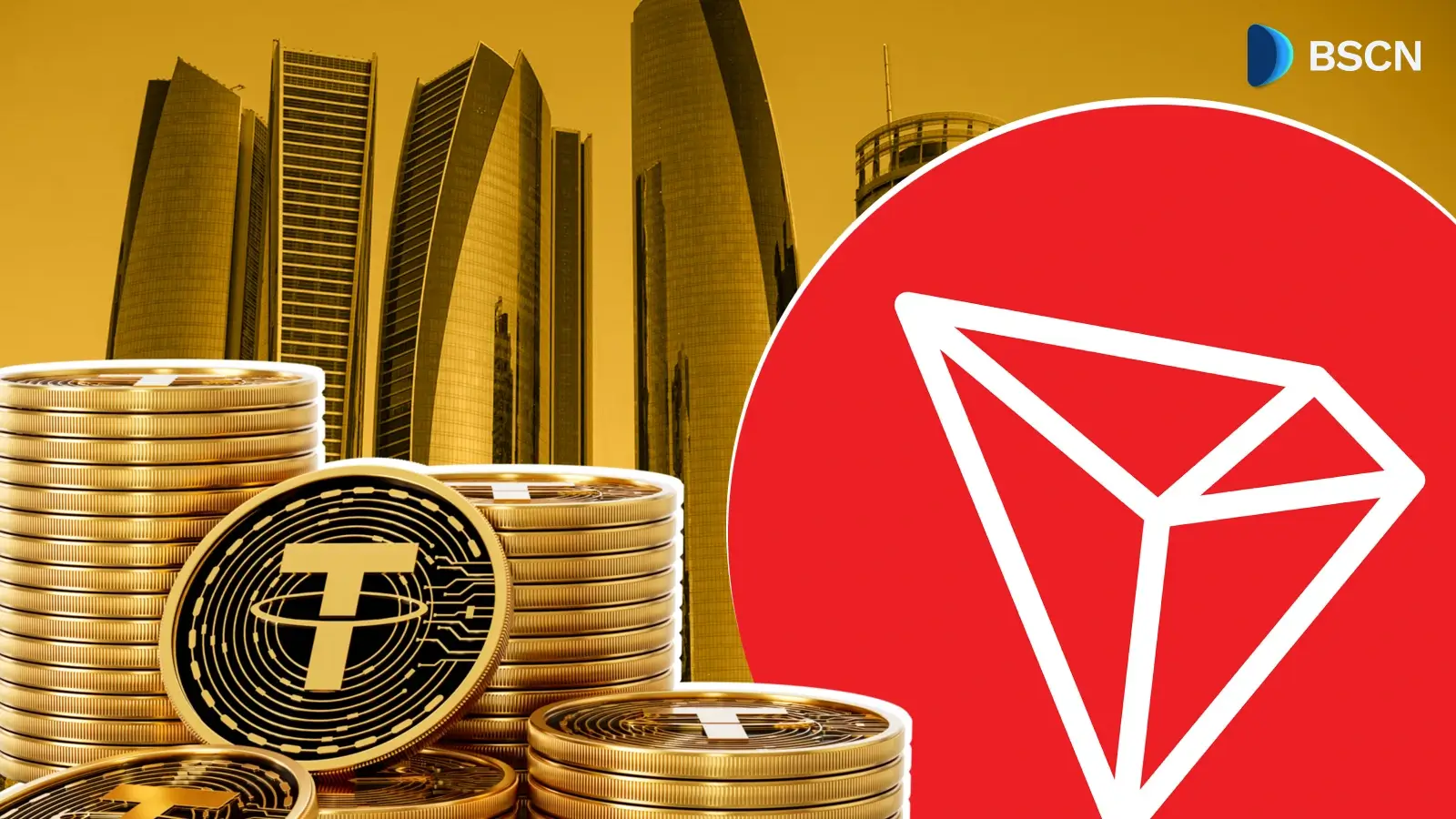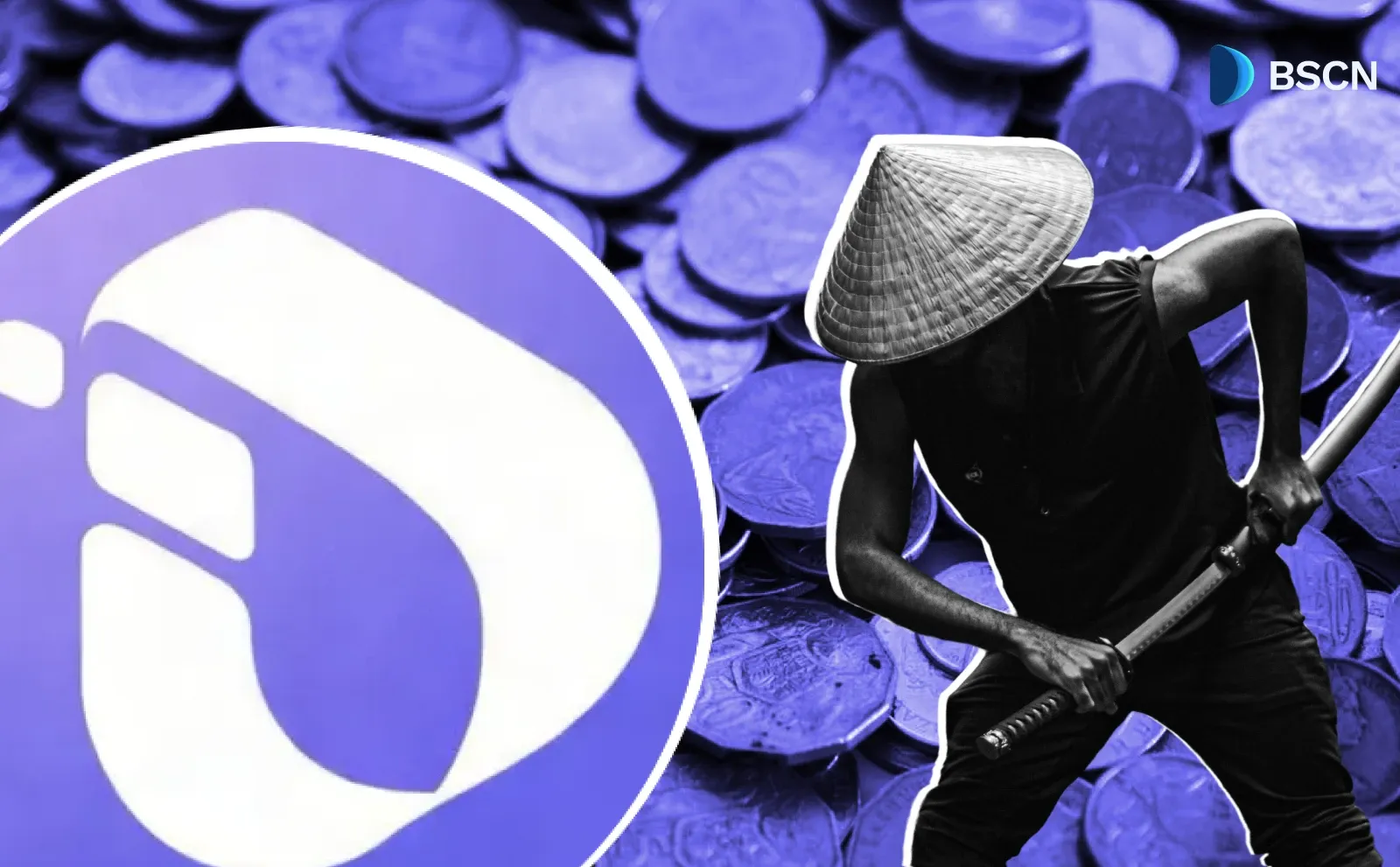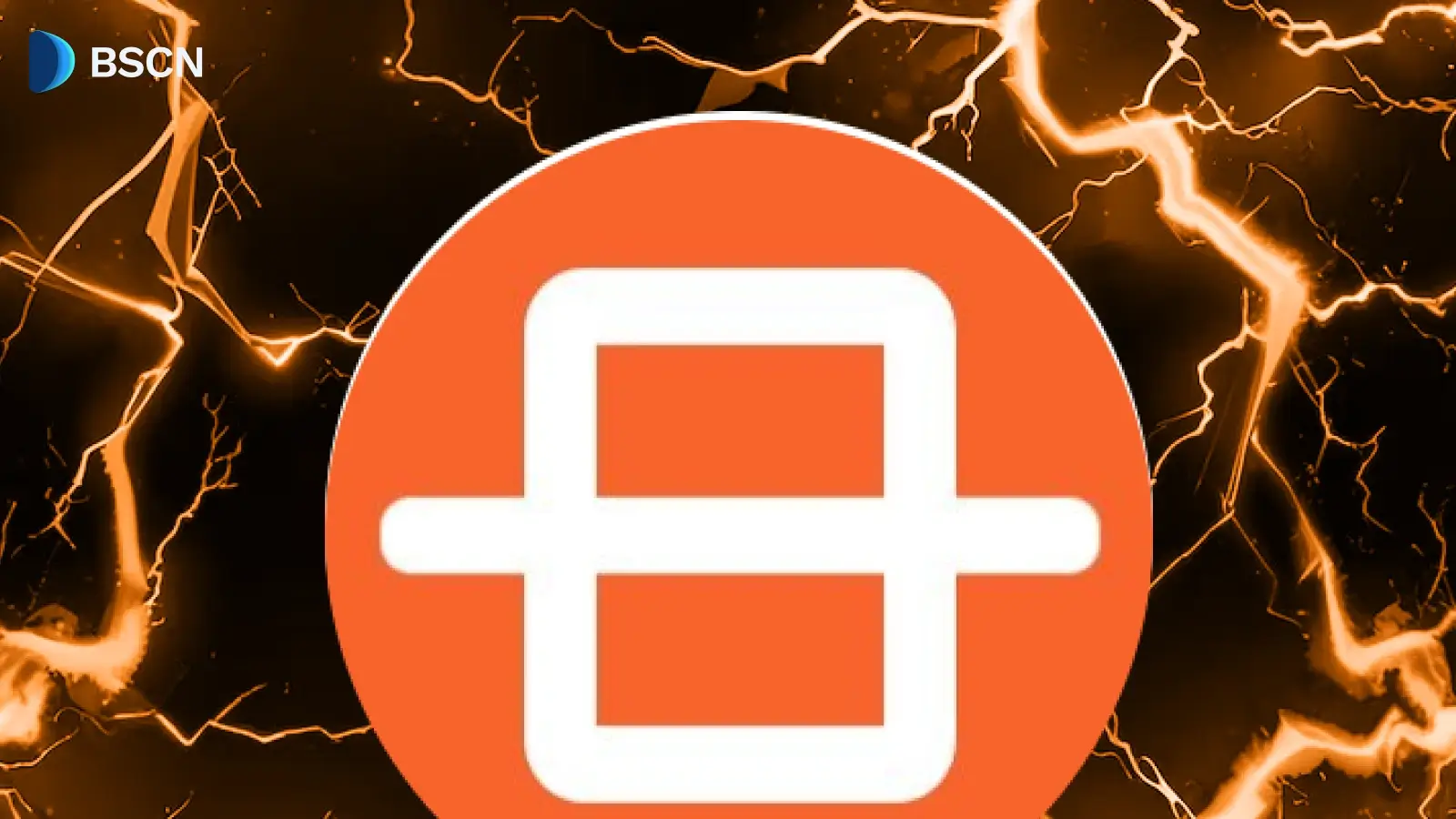BTC
(Advertisement)
Who is Satoshi Nakamoto -The Anonymous Creator of Bitcoin

The birth of Bitcoin marked the beginning of the cryptocurrency revolution. The whitepaper, which detailed the world's first cryptocurrency mechanism, had a very critical omission: there is no hint of who wrote it. The puzzle remains with us till today.
BSCN
March 22, 2021
(Advertisement)
Table of Contents
Introduction to Bitcoin
We have not yet figured out a couple of things about the identity of Satoshi. Is the creator of Bitcoin a male or a female? Is the name Satoshi that of an individual, or does it represent a group? Is he from China, the US, or anywhere?
Many people are making efforts to uncover the identity of Bitcoin's creator. Knowing the brain behind Bitcoin is of interest to many people. Several publications have disclosed that they know the whereabouts of Satoshi Nakamoto. However, upon scrutiny, all evidence has proven to be meaningless. About seven years ago, one of such publications released a shocker and claimed that a Japanese-American man named Dorian Nakamoto created Bitcoin. After a series of interviews, he disclosed that he had nothing to do with the creation of Bitcoin.
Who is Satoshi Nakamoto?

This is a name known by virtually everyone on the planet. Satoshi Nakamoto is an anonymous name adopted by the creator(s) of the number one cryptocurrency, Bitcoin. Even as the term is associated with Bitcoin, the person's personal details (s) who created it are unknown.
Many have formulated a theory that the name is a pseudonym used by a group of people. Others have concluded that s/he may not be a real person. However, the fact remains that Satoshi Nakamoto is the most mysterious name in cryptocurrency.
Presently, it remains uncertain if Satoshi is the name of a person or a group. The only information we have is that Satoshi Nakamoto published Bitcoin's whitepaper in 2008, which sparked the novel asset's development.
History of Satoshi Nakamoto
The name Satoshi Nakamoto is not a new name in the cryptocurrency community. The earliest mention of the persona was in 2009 when he worked on the first version of Bitcoin. All communications were done electronically, which made it difficult for people to detect Satoshi's whereabouts. The details of his personality or background were undisclosed in the communications.

In 2010, Satoshi ended his involvement with cryptocurrency. According to reports, his last communication was through an email. He sent the email to another crypto developer with an encrypted message that read, "they have moved on to other things." Since then, no one has traced any activity to Satoshi. There are speculations that he is responsible for the birth of many other cryptocurrencies, judging by the email. With over 4000 cryptocurrencies available and his message of moving on to other things, it is not out of place to suggest that Satoshi may have created other cryptocurrencies.
Personalities Alleged to be Satoshi Nakamoto
Many persons have been alleged to be Satoshi Nakamoto in recent times. Upon scrutiny, none of the names put forward shows any certainty.
- Dorian Nakamoto: He was named Bitcoin's creator by Leah McGrath Goodman in 2014. Dorian, who is an engineer based in California, appeared in a publication by Leah. In Leah's article in Newsweek magazine, she said, "the trail followed by Newsweek led to a 64-year-old Japanese-American man whose name is Satoshi Nakamoto." However, after some investigations, his name was erased from the list of people linked to Satoshi.
- Craig Wright: The Australian academic and businessman is one of the most renowned persons mistaken for Satoshi. His name featured in two publications - Gizmodo and Wired, stating that he is the one who created Bitcoin. Upon several investigations, it was discovered that all his claims were simply stunts. Up until the time of writing, he still claims he is the founder of Bitcoin.

- Nick Szabo: He became linked to the Satoshi name after modeling the design of cryptocurrency in 2005. The early cypherpunk made a blogpost about an unknown currency. He stated that a digital currency would be created such that it does not depend on third-party trusts. He called the digital currency "Bitgold.". Though people speculated about his real identity, Szabo denied any connection with Satoshi.
- Hal Finney: He was the first person to receive Bitcoin in a transaction. An early cypherpunk, Finney was also an active member of the Bitcoin community. Coincidentally, he lived a few blocks away from another person purported to be Satoshi, Dorian. However, in 2014, Hal passed away.
Bitcoin's blockchain analysis tried to link some bitcoin addresses to Satoshi Nakatomo. Data from a notable scientist, Sergio Demián Lerner of RSK Labs, claimed that Satoshi has over a million Bitcoins currently worth over $30 billion. These addresses monitored by Sergio have existed since the inception of Bitcoin in 2009. However, Bitcoin in the wallet has been moved around over the years. As such, many have discarded this analysis, concluding that active miners just owned them and Satoshi's account might be dormant.
Influence of Satoshi's Bitcoin
Bitcoin is a peer-to-peer electronic cash system. The peer-to-peer network solves the problem of double-spending. Double-spending means that a cryptocurrency could be duplicated in numerous transactions. However, the problem does not exist with fiat because physical money can only exist in one place naturally at a particular time.
Therefore, even when a digital currency is used in making transactions, one may still have possession of it. Previously, many solutions have been deployed in tackling the problem of double-spending. Most notably is the use of trusted, third-party intermediaries who validate whether the holder has already spent his possession. Most times, third parties like banks can monitor transactions effectively without any risk involved. But what happens if the so-called third-party is not trusted?

Nakamoto eventually proposed an ultimate solution to this problem with the creation of blockchain - a decentralized approach to transactions. With blockchain, transactions can be effectively monitored. Timestamps for current transactions are added to previous timestamps based on proof-of-work. These timestamps are one-of-a-kind, historical, and cannot be changed.
Satoshi's creation makes it difficult for anyone to manipulate transactions. A record of all the transactions is distributed across all the nodes in the network. No perpetrator can rewrite a transaction to his advantage as he does not have absolute control. Blockchain records are secure, and many computational efforts are needed to breach its security.
Conclusion
Presently, Bitcoin is increasing at a steady rate, attracting a lot of interest in the process. However, we may never know the real identity of its creator, Satoshi Nakamoto. Some say it's the name of a group, others say he is just a myth. While we may not know who he really is, we all enjoy the benefits of his decentralized peer-to-peer solution.
It remains uncertain whether the whereabouts of the most prominent name in cryptocurrency will be uncovered. We can only expect endless debates on social media platforms and news outlets. For now, the puzzling question remains, who is Satoshi Nakamoto?
Don’t forget to download the BSC News mobile application on iOS and Android to keep up with all the latest news for Binance Smart Chain and crypto! Check out the DeFi Direct Linktree for all the access links!
For those looking for tools and strategies regarding safety and crypto education, be sure to check out the Tutorials, Cryptonomics Explainers, and Trading Tool Kits from BSC News.
Read Next...
Disclaimer
Disclaimer: The views expressed in this article do not necessarily represent the views of BSCN. The information provided in this article is for educational and entertainment purposes only and should not be construed as investment advice, or advice of any kind. BSCN assumes no responsibility for any investment decisions made based on the information provided in this article. If you believe that the article should be amended, please reach out to the BSCN team by emailing [email protected].
Author
 BSCN
BSCNBSCN's dedicated writing team brings over 41 years of combined experience in cryptocurrency research and analysis. Our writers hold diverse academic qualifications spanning Physics, Mathematics, and Philosophy from leading institutions including Oxford and Cambridge. While united by their passion for cryptocurrency and blockchain technology, the team's professional backgrounds are equally diverse, including former venture capital investors, startup founders, and active traders.
(Advertisement)
Latest News
(Advertisement)
Crypto Project & Token Reviews
Project & Token Reviews
Comprehensive reviews of crypto's most interesting projects and assets
Learn about the hottest projects & tokens
